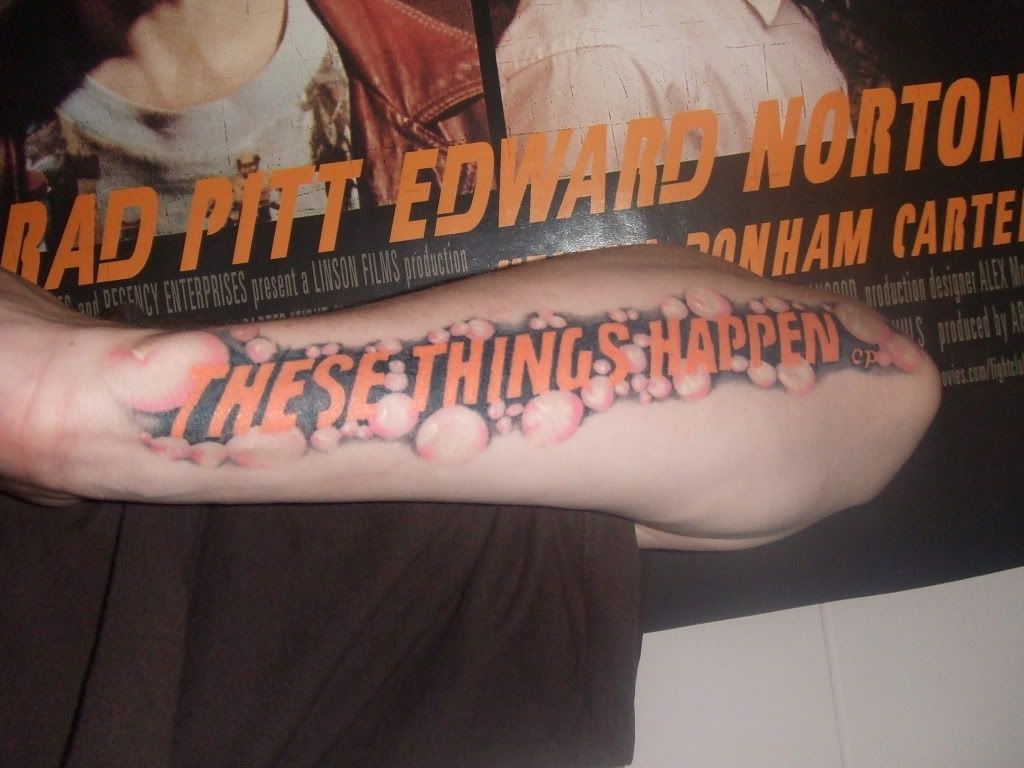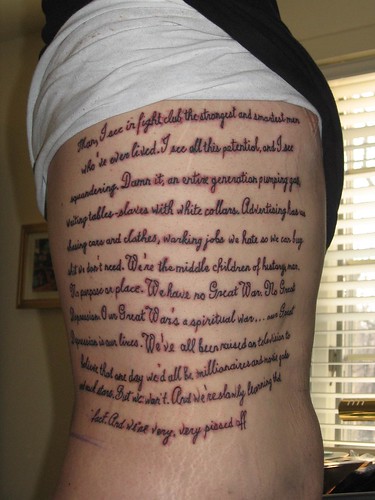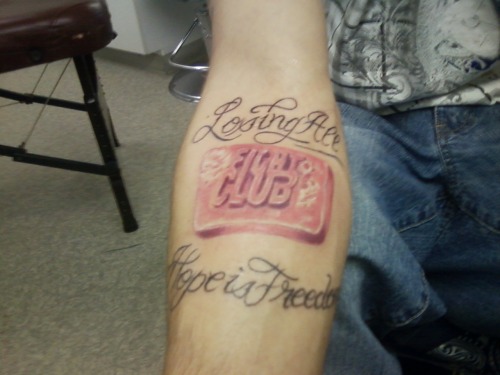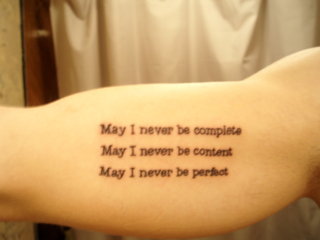Fincher was born on August 28, 1962 in Denver, Colorado, the son of Claire Mae (n�e Boettcher), a mental health nurse who worked in drug addiction programs, and Howard Kelly Fincher, who worked as a bureau chief for Life under the name Jack Fincher. When Fincher was two years old, the family moved to San Anselmo in Marin County, California. Fincher moved to Ashland, Oregon in his teens, where he graduated from Ashland High School. Inspired by Butch Cassidy and the Sundance Kid, Fincher began making movies at age eight with an 8 mm camera. Fincher eschewed the film school route, getting a job loading cameras and doing other hands-on work for John Korty's Korty Films. He was later hired by Industrial Light & Magic in 1983, where he worked on productions for Twice Upon a Time, Star Wars: Episode VI � Return of the Jedi, and Indiana Jones and the Temple of Doom. In 1984, he left ILM to direct a commercial for the American Cancer Society, that would show a fetus smoking a cigarette. This quickly brought Fincher to the attention of producers in Los Angeles and he was given the chance to direct the documentary The Beat of the Live Drum featuring Rick Springfield in 1985. Though he would continue to direct spots for companies like Revlon, Converse, Nike, Pepsi, Sony, and Levi's, Fincher soon discovered music videos and went on to direct many promos.
Set on a directing career, Fincher joined video-production company Propaganda Films and started off directing music videos and commercials. Like Fincher, other directors such as Michael Bay, Samuel Bayer, Meiert Avis, David Kellogg, Antoine Fuqua, Neil LaBute, Spike Jonze, Mark Romanek, Michel Gondry, Paul Rachman, Zack Snyder, Gore Verbinski, and Alex Proyas honed their talents at Propaganda Films before moving on to feature films.
In 1995, Fincher directed Seven. The film, based on a screenplay by Andrew Kevin Walker, told the story of two detectives (played in the movie by Brad Pitt and Morgan Freeman) tracking down a serial killer who bases his killings on the seven deadly sins. The film grossed more than $100 million domestically (over $300 million internationally). The chairman of New Line Cinema, Arnold Kopelson, originally refused to allow filming of the shocking climactic scene. With the aid of Brad Pitt, who stated that he would not be involved with the picture if its ending were changed, Fincher was allowed to film the original scene and use it in the final cut.
However, many critics and audiences later changed their perceptions and the film appeared on many 'best of the year' lists and soon developed a following. Entertainment Weekly, which had originally given the film a D-, later ranked the DVD #1 on its list of 50 Essential DVDs. Exceptional sales have since established it as a cult film.

Dan - Fight Club Tattoo

Fight Club Tattoo

FIGHT CLUB tattoo

Fight CLub Tattoo

Fight Club Tattoo

Tyler Durden, Fight Club

Pitt) from Fight Club

Fight Club tattoo by

more fight club tattoo

Fight club

Fight Club Tattoo Inspiration

FIGHT CLUB TATTOO tattoo

Zapped from Club Tattoo,

Fight Club "Losing All Hope Is

Fight Club Tattoo

fight club \x26middot; tattoo
Set on a directing career, Fincher joined video-production company Propaganda Films and started off directing music videos and commercials. Like Fincher, other directors such as Michael Bay, Samuel Bayer, Meiert Avis, David Kellogg, Antoine Fuqua, Neil LaBute, Spike Jonze, Mark Romanek, Michel Gondry, Paul Rachman, Zack Snyder, Gore Verbinski, and Alex Proyas honed their talents at Propaganda Films before moving on to feature films.
In 1995, Fincher directed Seven. The film, based on a screenplay by Andrew Kevin Walker, told the story of two detectives (played in the movie by Brad Pitt and Morgan Freeman) tracking down a serial killer who bases his killings on the seven deadly sins. The film grossed more than $100 million domestically (over $300 million internationally). The chairman of New Line Cinema, Arnold Kopelson, originally refused to allow filming of the shocking climactic scene. With the aid of Brad Pitt, who stated that he would not be involved with the picture if its ending were changed, Fincher was allowed to film the original scene and use it in the final cut.
However, many critics and audiences later changed their perceptions and the film appeared on many 'best of the year' lists and soon developed a following. Entertainment Weekly, which had originally given the film a D-, later ranked the DVD #1 on its list of 50 Essential DVDs. Exceptional sales have since established it as a cult film.

Dan - Fight Club Tattoo

Fight Club Tattoo

FIGHT CLUB tattoo

Fight CLub Tattoo

Fight Club Tattoo

Tyler Durden, Fight Club

Pitt) from Fight Club

Fight Club tattoo by

more fight club tattoo

Fight club

Fight Club Tattoo Inspiration

FIGHT CLUB TATTOO tattoo

Zapped from Club Tattoo,

Fight Club "Losing All Hope Is

Fight Club Tattoo

fight club \x26middot; tattoo
No comments:
Post a Comment